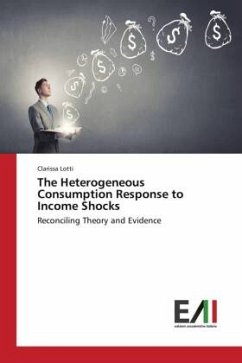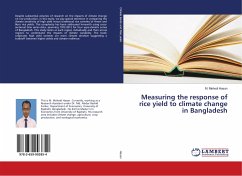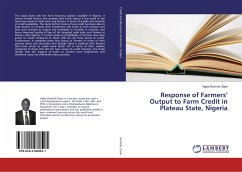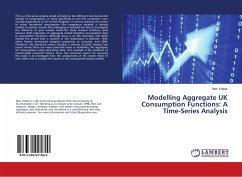The aim of this thesis is to understand how household consumption responds to positive and negative income changes. Data for this research were obtained from the Bank of England/NMG consulting survey of British households: a set of newly designed questions enables to estimate the marginal propensity to con- sume (MPC) out of actual income changes. This thesis first examines the characteristics of the households, presenting the summary statistics. The analysis then focuses on the consumption asymmetry to positive and negative income changes: consumption appears to respond much more significantly to negative shocks. A regression is also developed in order to investigate the main determinants of the MPC. Finally, a DSGE model with credit constraints is introduced so as to relate the results found to the theory.







